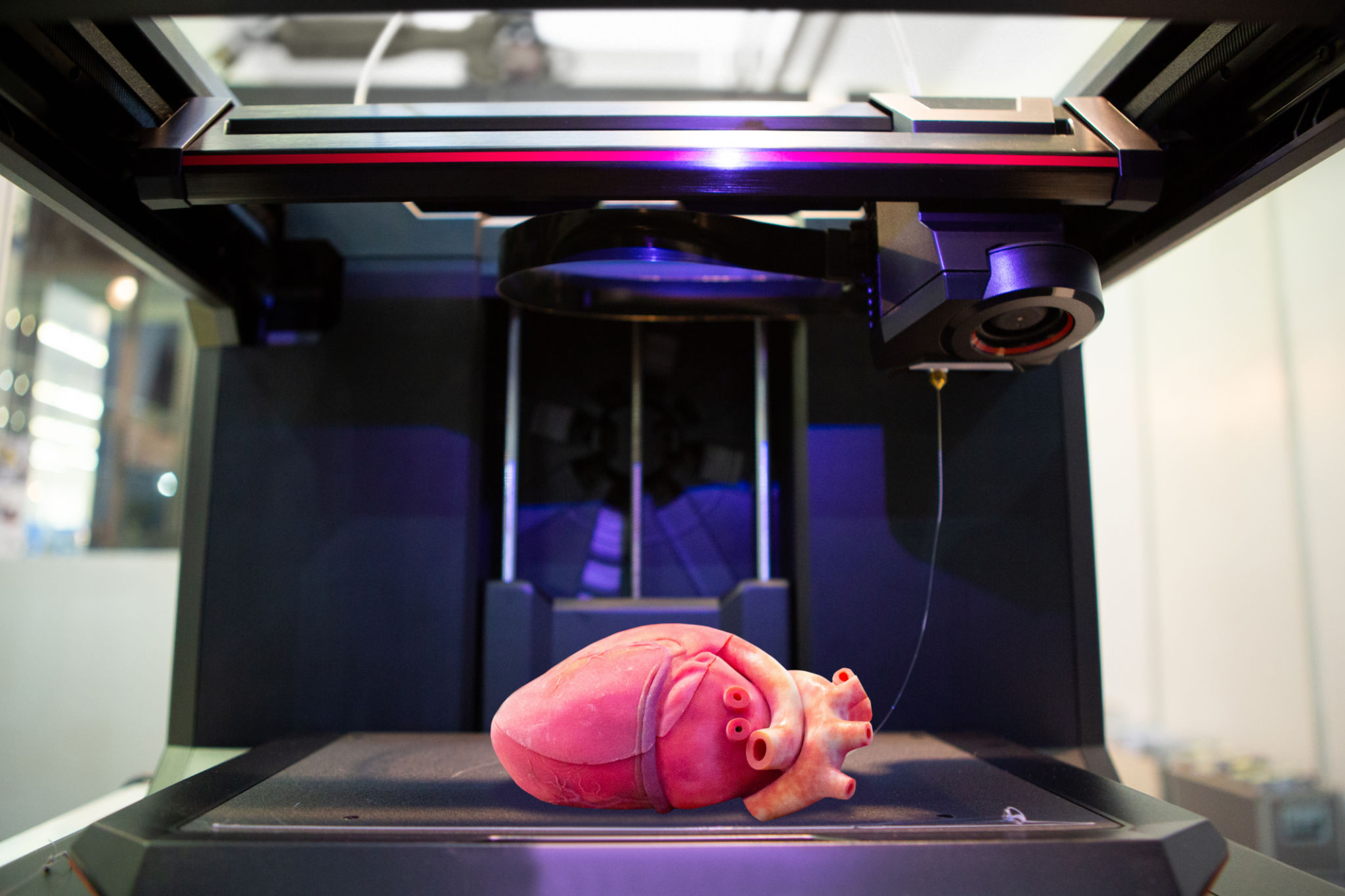The Future of Health: Innovative Biotechnological Products
Revolutionizing Healthcare with Biotechnology
Biotechnology is rapidly transforming the healthcare landscape, offering groundbreaking solutions that promise to enhance the quality of life. As we delve into this exciting future, we can expect to see advancements that not only improve medical treatments but also personalize them to individual needs. With technologies such as CRISPR and advanced drug delivery systems, the potential for innovation is boundless.

CRISPR and Gene Editing
One of the most promising advancements in biotechnology is CRISPR, a powerful tool for editing genes. This revolutionary technology allows scientists to alter DNA with precision, offering hope for curing genetic disorders. From sickle cell anemia to cystic fibrosis, the potential applications are vast. As research progresses, the dream of eradicating hereditary diseases is becoming more attainable.
The impact of CRISPR extends beyond medical applications. In agriculture, it promises to create more resilient crops, potentially solving food security issues. The ethical considerations and regulatory challenges it poses are vital conversations that will shape its future use.

Personalized Medicine
Another frontier in biotechnology is the development of personalized medicine. This approach tailors medical treatment to the individual characteristics of each patient, significantly improving outcomes. By analyzing a patient's genetic makeup, health professionals can design targeted therapies that are more effective and have fewer side effects.
Personalized medicine is particularly promising in oncology. Cancer treatments can be customized based on the genetic profile of both the patient and the tumor, offering new hope in the fight against cancer. As data collection and analysis become more sophisticated, personalized therapies are expected to become a standard part of medical care.
Bioprinting: Creating Organs and Tissue
Bioprinting is another groundbreaking area of biotechnology that is set to revolutionize healthcare. This technology involves printing cells and biomaterials to create tissue-like structures that mimic natural organs. The potential to create organs for transplant could drastically reduce waiting times and save countless lives.

Current research has already seen success in printing skin, bone, and even heart valves. As the technology advances, we may soon see fully functional organs being printed, transforming the landscape of organ transplantation.
Nanotechnology in Drug Delivery
Nanotechnology is playing an increasingly important role in improving drug delivery systems. By using nanoparticles, drugs can be delivered more precisely to target areas in the body, enhancing efficacy and reducing side effects. This precision medicine approach is particularly beneficial in treating complex diseases like cancer, where targeted therapy can significantly improve patient outcomes.
The future holds potential for even more sophisticated nanostructures that can navigate the human body autonomously, delivering drugs exactly where they are needed. This innovation represents a major leap forward in therapeutic strategies.

The Road Ahead
The future of health is undeniably intertwined with biotechnological advancements. As these innovations continue to evolve, they will not only enhance existing medical practices but also introduce entirely new paradigms in healthcare. Collaboration between scientists, medical professionals, and policymakers will be crucial in navigating the ethical and regulatory landscapes.
As we look ahead, it is clear that biotechnology holds tremendous promise for addressing some of the most pressing health challenges of our time. Embracing these innovations with caution and responsibility will pave the way for a healthier future for all.
